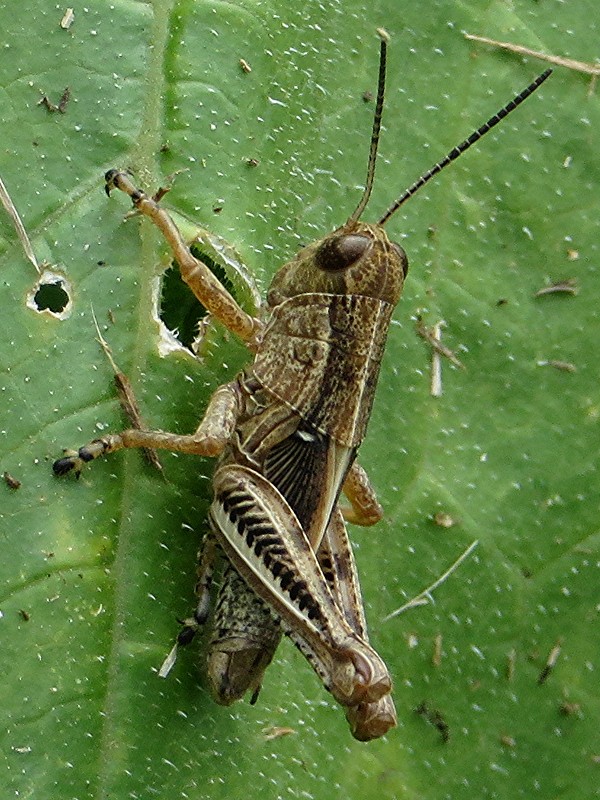Total eclipse of the moon tonight
Total eclipse of the moon tonight or, technically, I suppose, tomorrow morning. According to Time and Date, here in Boulder, totality will begin around 4 a.m. and end at 5. If you do not count the penumbra, we will see the entire eclipse, though it will be twilight before the end. Likewise, the entire eclipse will be seen in the Pacific Ocean, as well as much of western North America and eastern Russia, Japan, New Zealand, and eastern Australia. Dimming of the light during the penumbral phase is too faint to be seen visually.


![[a miniature pig]](/uploads/2026/Minipig.jpg)

